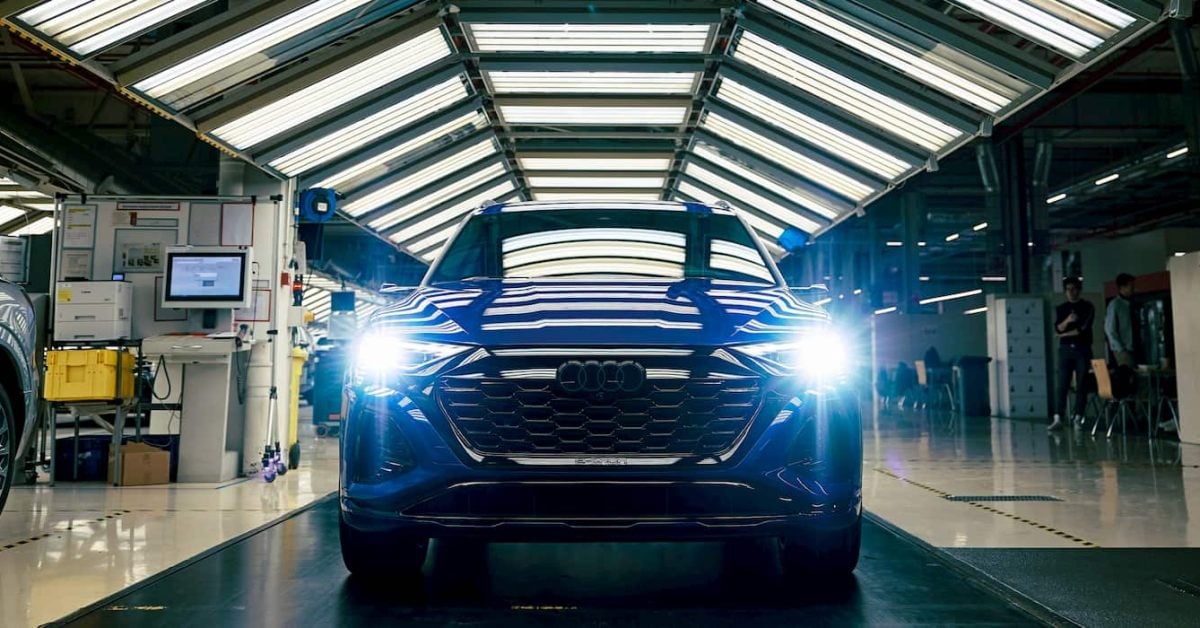“Car manufacturers wanted to make big profits with electric vehicles right away and did not accept that the transition phase would generate fewer dividends and profits,” Hillal Sor, a trade unionist at Metallos FGTB, told Euronews. “So they bet everything on large, very luxurious, very expensive models that European citizens cannot afford.”
Sales figures back this up: The first eight months of this year, some 902,000 electric cars were purchased in the European Union, representing only 12.6% of the total number sold. To support the EV transition, unions say that are pushing for more public funds. The European Parliament agreed last month to consider tariffs on Chinese EVs and other protectionist measures are on the table.
Meanwhile, VW’s massive production overcapacity at its German sites is forcing the company to consider, for the first time ever, closing a factory on its own home turf.



About $1,000/year, based on a rough comparison of cost-per-mile when my wife’s Kia Soul had a warranty engine replacement and Kia paid for a rental which wound up being a Chevy Bolt EUV for 6 weeks, which I figured was fairly equal in size. The Bolt got about 4.5 mi/kWh city and 3 mi/kWh highway. Our electricity at home was 9.94¢/kWh at the time so the cost per mile wound up being $0.02/mi city and $0.03/mi highway. We don’t keep close numbers on the Soul but it’s rated for 25 mpg city and 30 mpg highway. When the car was in the shop unleaded gas was about $3.39/gal so the cost per mile was $0.14/mi city and $0.11/mi highway.
Of course, the numbers fluctuate as gas prices and electric rates change, and if you drive more the fuel savings become more pronounced, with the flip side being increased wear and tear on the car reducing its value faster. If I bought an electric car I would probably switch our electricity to peak/off-peak rates and try to charge exclusively in off-peak times because the savings would be even higher.